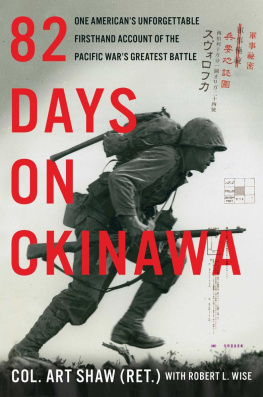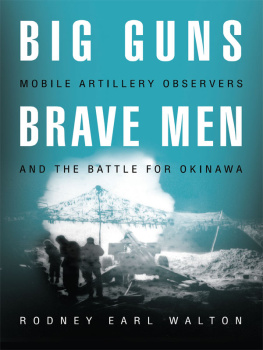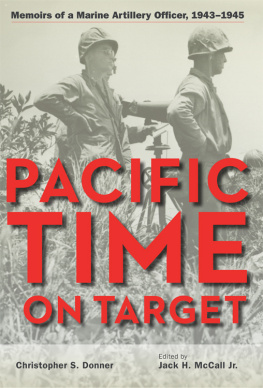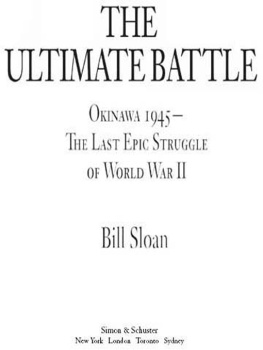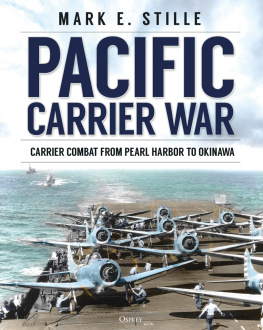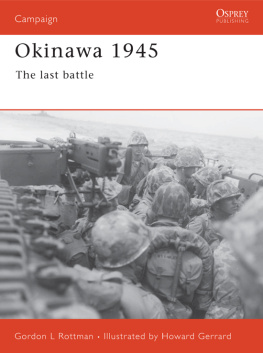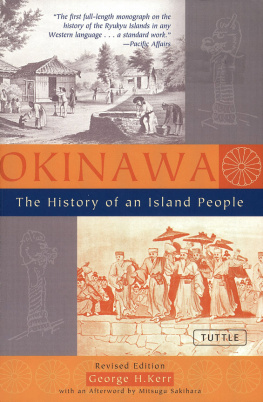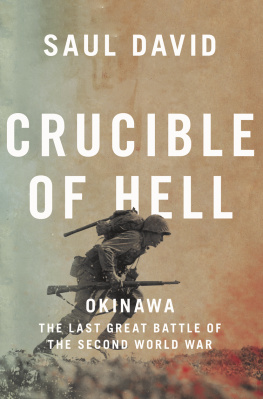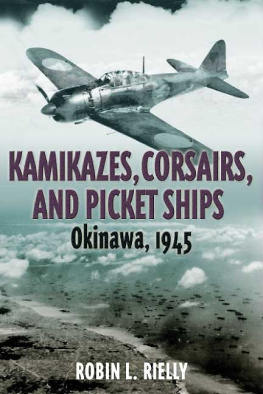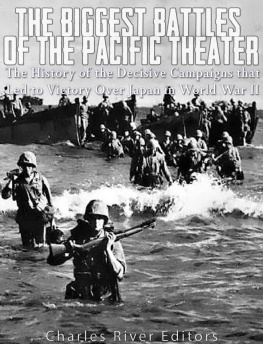Art Shaw - 82 Days on Okinawa: One Americans Unforgettable Firsthand Account of the Pacific Wars Greatest Battle
Here you can read online Art Shaw - 82 Days on Okinawa: One Americans Unforgettable Firsthand Account of the Pacific Wars Greatest Battle full text of the book (entire story) in english for free. Download pdf and epub, get meaning, cover and reviews about this ebook. year: 2020, publisher: HarperCollins, genre: Adventure. Description of the work, (preface) as well as reviews are available. Best literature library LitArk.com created for fans of good reading and offers a wide selection of genres:
Romance novel
Science fiction
Adventure
Detective
Science
History
Home and family
Prose
Art
Politics
Computer
Non-fiction
Religion
Business
Children
Humor
Choose a favorite category and find really read worthwhile books. Enjoy immersion in the world of imagination, feel the emotions of the characters or learn something new for yourself, make an fascinating discovery.
- Book:82 Days on Okinawa: One Americans Unforgettable Firsthand Account of the Pacific Wars Greatest Battle
- Author:
- Publisher:HarperCollins
- Genre:
- Year:2020
- Rating:3 / 5
- Favourites:Add to favourites
- Your mark:
82 Days on Okinawa: One Americans Unforgettable Firsthand Account of the Pacific Wars Greatest Battle: summary, description and annotation
We offer to read an annotation, description, summary or preface (depends on what the author of the book "82 Days on Okinawa: One Americans Unforgettable Firsthand Account of the Pacific Wars Greatest Battle" wrote himself). If you haven't found the necessary information about the book — write in the comments, we will try to find it.
A gritty, first-person account. ... One can hear Shaws voice as if he were sitting beside you. Wall Street Journal
An unforgettable soldiers-eye view of the Pacific Wars bloodiest battle, by the first American officer ashore Okinawa.
On Easter Sunday, April 1, 1945, 1.5 million men gathered aboard 1,500 Allied ships off the coast of the Japanese island of Okinawa. The men were there to launch the largest amphibious assault on the Pacific Theater. War planners expected an 80 percent casualty rate.
The first American officer ashore was then-Major Art Shaw (1920-2020), a unit commander in the U.S. Armys 361st Field Artillery Battalion of the 96th Infantry Division, nicknamed the Deadeyes. For the next three months, Shaw and his men served near the front lines of the Pacifics costliest battle, their artillery proving decisive against a phantom enemy who had entrenched itself in the rugged, craggy island.
Over eighty-two days, the Allies fought the Japanese army in a campaign that would claim more than 150,000 human lives. When the final calculations were made, the Deadeyes were estimated to have killed 37,763 of the enemy. The 361st Field Artillery Battalion had played a crucial role in the victory. The campaign would be the last major battle of World War II and a key pivot point leading to the bombings of Hiroshima and Nagasaki, and to the Japanese surrender in August, two months after the sieges end.
Filled with extraordinary details, Shaws gripping account gives lasting testimony to the courage and bravery displayed by so many on the hills of Okinawa.
Art Shaw: author's other books
Who wrote 82 Days on Okinawa: One Americans Unforgettable Firsthand Account of the Pacific Wars Greatest Battle? Find out the surname, the name of the author of the book and a list of all author's works by series.

